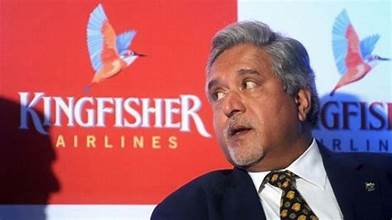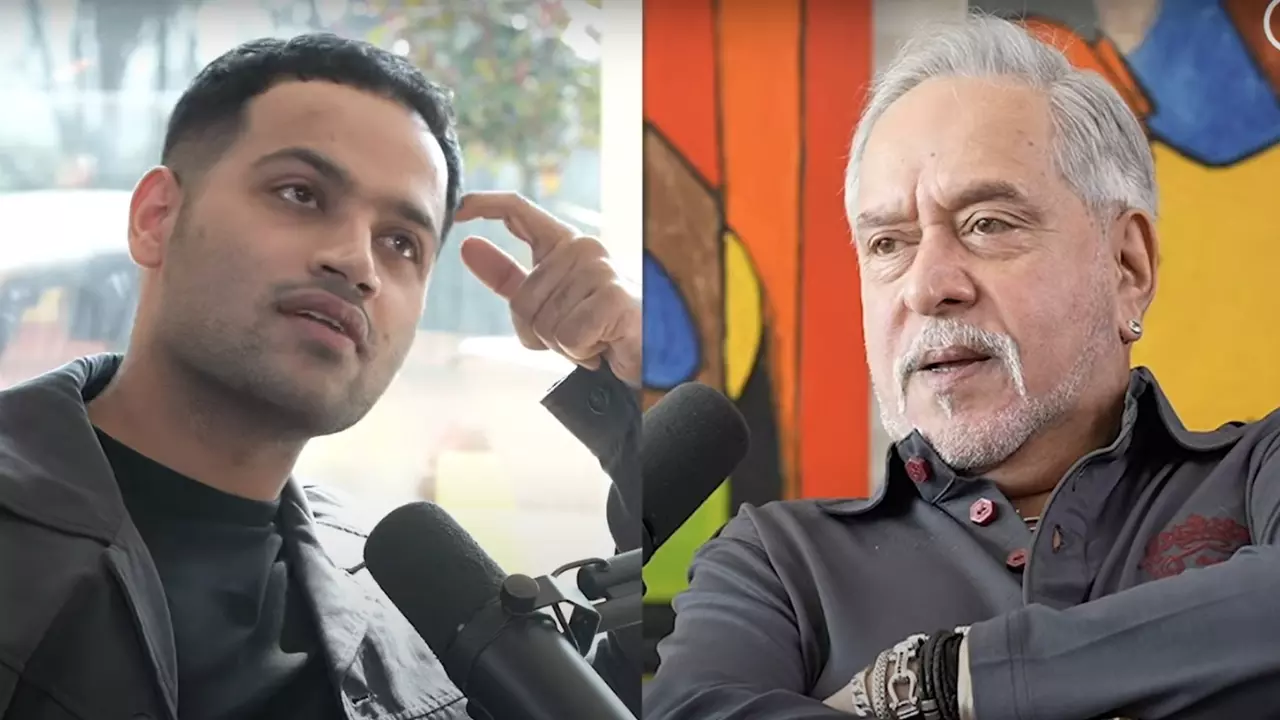
Kingfisher collapse shocked India, and now, after 9 years, Vijay Mallya opens up in a gripping 4-hour podcast with Raj Shamani (June 2025). In this candid tell-all, the flamboyant businessman unravels his journey—building a business empire, the downfall of Kingfisher Airlines, and a bold fight for redemption from exile. Here’s a deep dive into his story, with lessons for India’s entrepreneurs.

The Rise: Building a Business Empire
At 28, Vijay Mallya inherited the United Breweries (UB) Group in 1983 after his father’s passing. With bold vision and clever marketing, he made Kingfisher beer India’s top brand by the 2000s, a symbol of luxury. His 2007 purchase of the Force India F1 team for $111.6 million boosted his “King of Good Times” fame. Then, in 2005, Kingfisher Airlines launched, offering plush seats and top service, winning fans nationwide
Kingfisher Collapse: The Airline’s Downfall
By 2012, the Kingfisher collapse unfolded. High fuel costs, a weak rupee, and a $260 million Air Deccan buy in 2007 led to debt over $2.5 billion. Unpaid salaries, grounded planes, and a suspended license ended it, impacting 4,000+ workers. Mallya blames India’s tough climate—high taxes, no bailouts—and risky bank loans. Check our post on India’s aviation struggles for more.
Legal Storms and Life in Exile
In 2016, Mallya fled to London amid charges of loan default, fraud, and money laundering over a $1.3 billion loan from Indian banks, with allegations of diverted funds. India seeks his extradition, but as of June 2025, he remains in the UK, living comfortably, managing properties, and following cricket. He calls himself a scapegoat, claiming a political vendetta, and has offered $600 million to settle debts—rejected by banks. “I’m not a willful defaulter,” he insists, seeking fairness.
The Redemption Attempt: A New Chapter?
Mallya’s podcast reveals a man fighting to reclaim his narrative. He’s proposed partial debt repayment, cooperated with legal processes, and expressed willingness to return if treated justly. Reflecting on stress to his family and tarnished reputation, he remains resilient, focusing on health and future ventures. He hopes history will see him as a bold innovator who built UB Group and dared to dream big with Kingfisher, not just a fallen tycoon.
Economic Impact of the Kingfisher Collapse
Kingfisher’s collapse rocked India’s economy. Banks like the State Bank of India lost $170 million, investor confidence in aviation waned, and suppliers and workers felt the pinch. The fallout exposed flaws in India’s banking and regulatory systems, a cautionary tale for 2025’s business landscape. Mallya argues the system failed him as much as he failed it, sparking debate on accountability.
Lessons for Entrepreneurs
Mallya’s story offers hard-earned wisdom:
-
Risk Control: Ambition drove Kingfisher, but overexpansion sank it—balance growth with caution.
-
Adaptability: Navigate India’s complex regulations and costs, a lesson from fuel price woes.
-
Resilience: Facing exile and scrutiny, Mallya’s focus on moving forward inspires grit.
The Numbers: A Snapshot
|
Aspect |
Figure |
|---|---|
|
UB Group Inheritance |
1983, age 28 |
|
Force India Purchase |
$111.6 million (2007) |
|
Kingfisher Debt |
$2.5 billion+ (2012) |
|
Loan Default Claim |
$1.3 billion |
|
Repayment Offer |
$600 million (rejected) |
|
Jobs Lost |
4,000+ (2012) |
|
SBI Loss |
$170 million |
Final Thoughts
Vijay Mallya’s 4-hour chat with Raj Shamani (June 2025) breaks his 9-year silence, revealing the rise of a business icon, the fall of Kingfisher, and a bold bid for redemption. From UB Group’s glory to exile in London, his story blends ambition, controversy, and hope. Is he a visionary wronged by circumstance or the architect of his own downfall? His legacy remains a question mark.
What do you think? Share your take on Mallya’s journey in the comments! also read out more interesting stories here
Disclaimer: This is not financial advice. Consult a professional for investment or business decisions.
